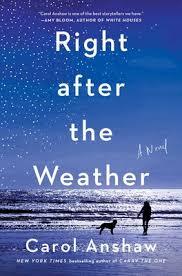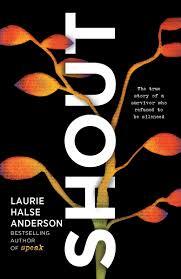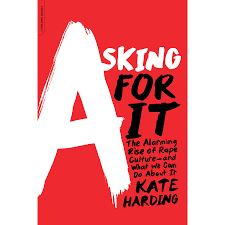
A writing podcast for writers and curious readers, featuring interviews with authors, poets, agents and editors. Twice chosen as one of Writer’s Digest Magazine’s 101 Best Website for Writers. Vermont-grown.
A writing podcast for writers and curious readers, featuring interviews with authors, poets, agents and editors. Twice chosen as one of Writer’s Digest Magazine’s 101 Best Website for Writers. Vermont-grown.
Episodes

Tuesday Oct 01, 2019
Carol Anshaw - Interview #584 (9/30/19)
Tuesday Oct 01, 2019
Tuesday Oct 01, 2019

A new interview with Carol Anshaw, author most recently of Right After the Weather (Atria).
This week’s Write the Book Prompt was suggested by my guest, Carol Anshaw. As we discussed during our conversation, Right After the Weather does concern violence, and it includes scenes of violence. Carol suggests tackling this in the coming week; attempt to write a violent scene. Have you ever done this before? What do you find hard about it? What comes easily? How do you approach the material? Do you have to turn away, or do you find the process a natural extension of your other writing?
Good luck with your work in the coming week, and tune in next week for another prompt or suggestion.
Music Credit: Aaron Shapiro

Wednesday Apr 24, 2019
Laurie Halse Anderson - Interview #558 (4/22/19)
Wednesday Apr 24, 2019
Wednesday Apr 24, 2019

Award-winning author of books for young readers, Laurie Halse Anderson. Her latest is a memoir in verse, Shout (Viking).
This week’s Write the Book Prompt was generously suggested by my guest, Laurie Halse Anderson. If you were to write about a secret you’d never shared, what would you write?
Good luck with your work in the coming week, and tune in next week for another prompt or suggestion.
Music: Aaron Shapiro

Thursday Nov 12, 2015
Kate Harding - Interview #373 (11/9/15)
Thursday Nov 12, 2015
Thursday Nov 12, 2015
Kate Harding, author of Asking For It: The Alarming Rise of Rape Culture – and What We Can Do About It, published by Da Capo Lifelong Books.
This week’s Write the Book Prompt was inspired by this week’s interview, specifically about Kate Harding’s and my discussion of the media. Write a scene in which a politician or member of the media makes a statement or argument that is stranger than fiction. It can be ridiculous or outlandish -- surely our culture has seen an actual example that’s just as shocking. Then re-write the scene in another manner, but without changing that character’s point of view. A politician who might find a smoother way to convey his or her offensive message. A journalist who might offer two points of view and then an opinion. Study what changed between the two scenes, and keep that change -- the strong, inartful message versus the subtle or shrewd or slick message -- in mind as you work on your own characters going forward.
Good luck with this exercise and please listen next week for another.
